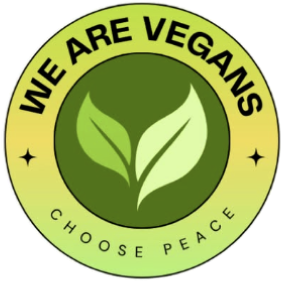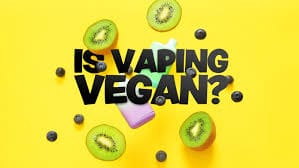Dear Cheese, It’s Not Me, It’s Moo

For many people, cheese is one of the hardest things to give up when transitioning to a plant-based lifestyle. It’s tied to comfort, culture, and cravings. But beneath the creamy texture and irresistible melt lies an industry built on systemic cruelty, biological manipulation, and marketing myths that most consumers never question. In this article, we break down why ditching dairy — especially cheese — isn’t just an emotional decision, but a deeply rational and ethical one.
The Hidden Cost of Cheese
Dairy production starts with a process most people don’t realize: cows must be pregnant to produce milk. That means female cows are repeatedly and forcibly impregnated. After giving birth, their calves are taken away — often within hours — so that the milk can be harvested for human consumption. This separation is traumatic for both the mother and calf. Male calves are usually killed for veal or discarded, while female calves are raised to endure the same cycle of exploitation.
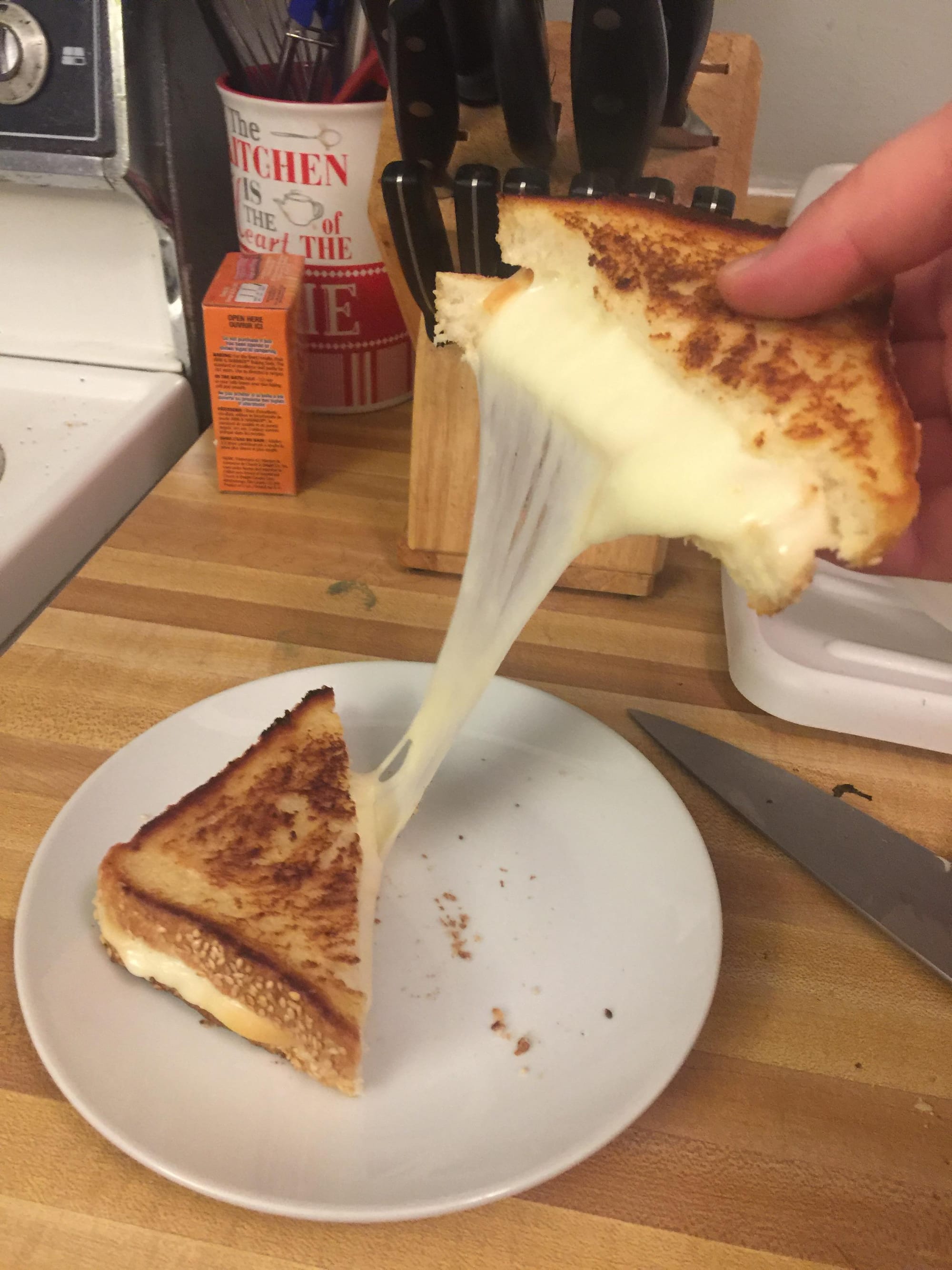
While meat consumption ends an animal’s life, dairy extends its suffering — turning the cow’s body into a milk-producing machine until her output declines and she’s sent to slaughter. Many people view cheese as a “lesser evil,” but in reality, the dairy industry fuels the meat industry. One cannot exist without the other.
The Science of Cravings
People often say they're “addicted” to cheese — and they’re not wrong. Cheese contains casomorphins, compounds derived from casein (a milk protein) that bind to opioid receptors in the brain. These compounds produce feelings of pleasure and comfort, which is why cheese can feel genuinely addictive. But knowing this gives you power — it helps explain why quitting cheese is hard, but also why it’s worth doing.

Health: Cheese Isn’t the “Superfood” It’s Made Out to Be
While dairy has long been marketed as a source of calcium and protein, studies now show that it may do more harm than good. A significant portion of the world’s population is lactose intolerant, experiencing bloating, digestive discomfort, or acne from consuming milk-based products.
Even for those who tolerate dairy, cheese is often high in saturated fat, sodium, and cholesterol, which are linked to heart disease and other chronic conditions. Plant-based alternatives can provide the same taste satisfaction without the health risks.
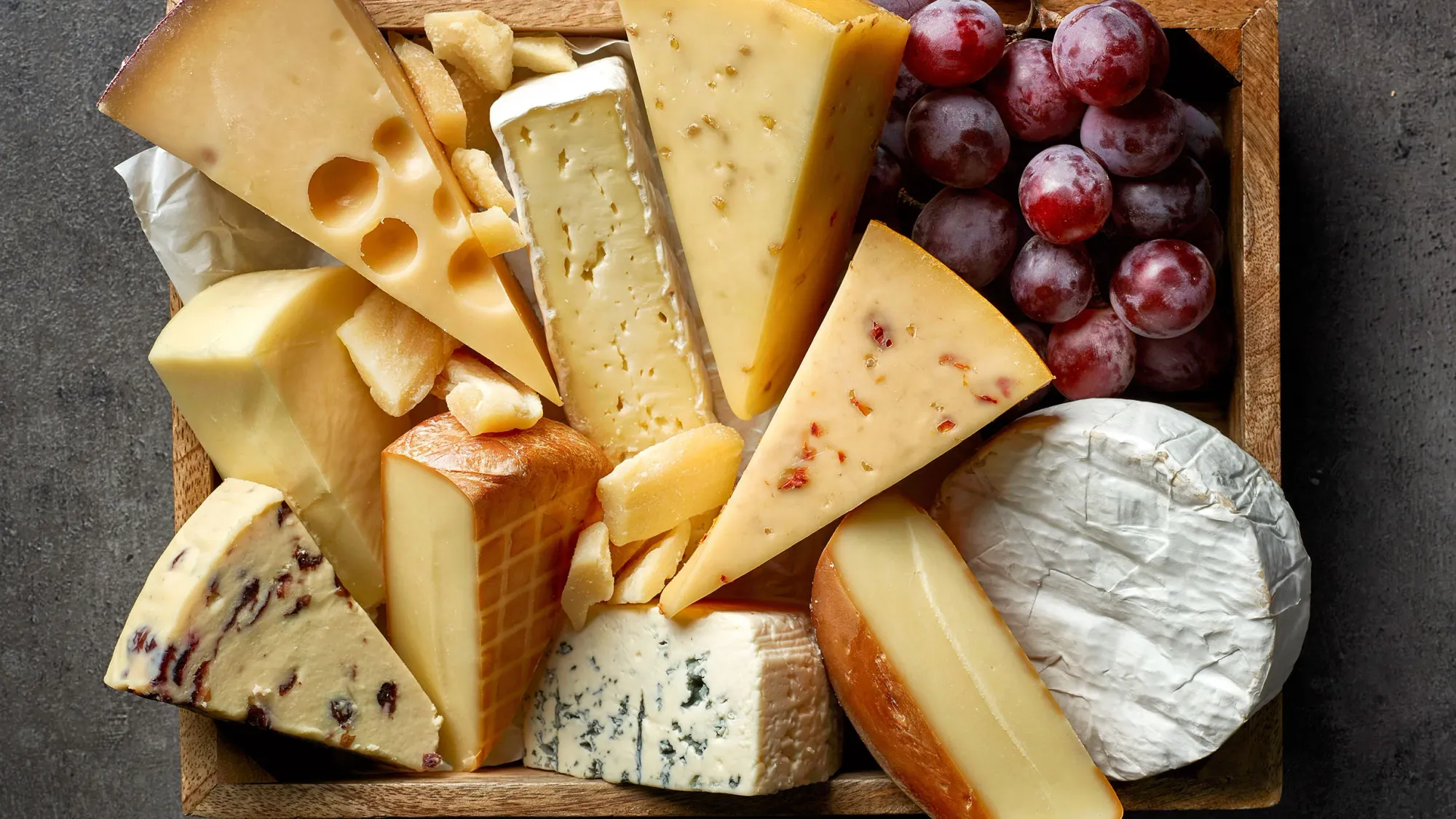
Ethical Alternatives and Delicious Replacements
In recent years, vegan cheese has drastically improved — with artisanal brands now offering rich, tangy, meltable, and creamy alternatives made from nuts, oats, soy, and other plant-based ingredients. Whether you're looking for something to put on pizza, a charcuterie board, or your sandwich, there’s a cruelty-free alternative that tastes just as good (if not better).
Transitioning to these products means supporting innovation, sustainability, and ethical farming — rather than contributing to animal exploitation.
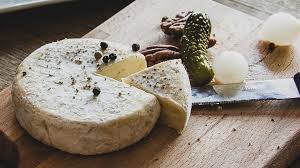
Conclusion: It’s Not About Sacrifice — It’s About Alignment
Choosing to remove dairy from your diet isn’t about being extreme or restrictive — it’s about aligning your values with your habits. If you say you care about animals, the environment, or your own health, giving up cheese becomes less about loss and more about liberation. It’s a small change that creates a big impact.
Takeaway:
Dairy isn’t as innocent as it looks. Once you understand the full story, it's easier to walk away. And with today’s plant-based options, you won’t miss a thing — except the guilt.
